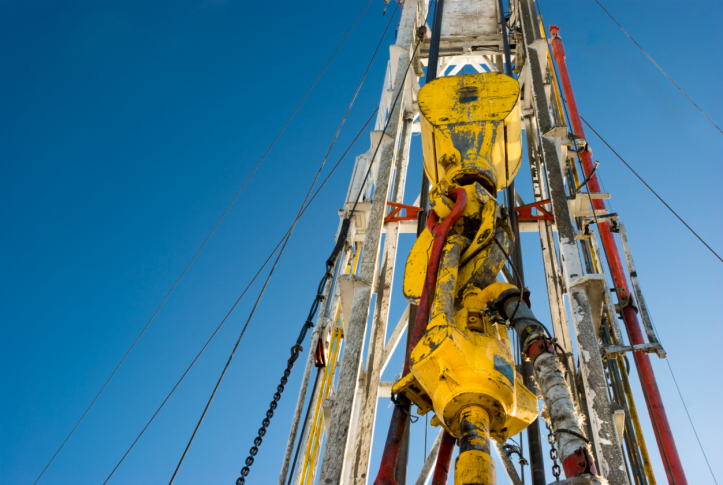Energy
Analyst Sees Post-Merger Halliburton Worth Less Than Before
Published:
Last Updated:

Argus believes that the combination of the second- and third-largest oil field services companies will expand Halliburton’s product and services offerings as it competes with sector leader Schlumberger Ltd. (NYSE: SLB) during a period of declining oil prices and limited capital spending by production companies that contract for the services of these firms. Halliburton should also benefit from an expanded geographic range, especially in the Eastern Hemisphere, according to Argus.
In 2013, the combined companies reported pro forma net income of $3.24 billion on revenues of $51.76 billion, compared with Schlumberger, which posted net income of $6.77 billion on revenues of $45.27 billion for 2013. So far in the first three-quarters of 2014, pro forma net income for the combined companies totals $3.66 billion on revenues of $36.25 billion. Schlumberger’s nine-month totals are net income of $5.19 billion on revenues of $35.94 billion.
ALSO READ: 10 Companies That Will Not Be Saved by the Bull Market Alone
Halliburton expects the deal to close in the second half of next year and the impact on earnings per share will be dilutive for both 2015 and 2016. But the company said it believes the acquisition will add to 2017 earnings per share as a result of $2 billion in projected cost synergies. Argus said it thinks this estimate is conservative and that it “would be surprised if the actual synergies were not significantly greater.”
Argus also notes the overhangs: antitrust concerns that Halliburton has said it would meet by divesting up to $7.5 billion in revenues if required to do so, and a potential break-up fee of $3.5 billion if the acquisition fails to pass antitrust scrutiny. Halliburton has said that the possible divestitures will not materially affect the $2 billion cost savings.
As long as the price of crude remains in a range of $70 to $80 a barrel (or more), Argus believes that Halliburton’s strong presence in North America should help insulate the company from low commodity prices.
The sharp price target cut at Argus probably reflects the firm’s belief that investors will not be willing to wait some two years or more for share price growth. Halliburton’s dividend yield is 1.3% and Baker Hughes pays just 1.1%, and Halliburton may be forced to raise its dividend payments if the share price does slide. Schlumberger pays 1.7%, certainly not a king’s ransom, but still better than Halliburton.
Halliburton’s shares traded down about 0.3% Wednesday morning, at $48.40 in a 52-week range of $47.60 to $74.33.
Baker Hughes traded at $63.27, down about 0.5%, in a 52-week range of $47.51 to $75.64. Remember, Halliburton’s offer totals $78.62 in cash and stock.
Schlumberger traded down 0.7% Wednesday morning, at $94.59 in a 52-week range of $84.91 to $118.76. Crude oil traded below $74 a barrel Wednesday morning but rose to $74.50 ahead of the EIA inventory report.
ALSO READ: Did Halliburton Get a Steal in the Baker Hughes Buyout?
If you’re one of the over 4 Million Americans set to retire this year, you may want to pay attention.
Finding a financial advisor who puts your interest first can be the difference between a rich retirement and barely getting by, and today it’s easier than ever. SmartAsset’s free tool matches you with up to three fiduciary financial advisors that serve your area in minutes. Each advisor has been carefully vetted, and must act in your best interests. Start your search now.
Don’t waste another minute; get started right here and help your retirement dreams become a retirement reality.
Thank you for reading! Have some feedback for us?
Contact the 24/7 Wall St. editorial team.